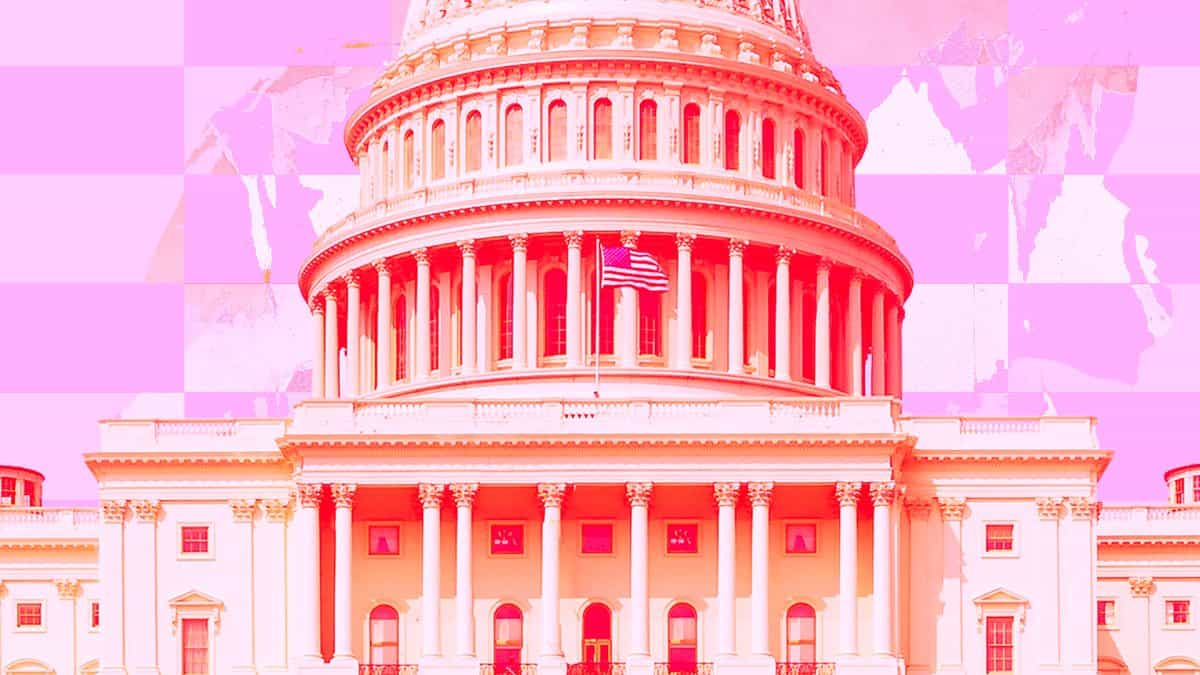CFTC votes to propose rule that would bolster customer protections in wake of FTX collapse

Quick Take
-
During a meeting on Wednesday, the agency voted to propose a rule called the “Protection of clearing member funds held by derivatives clearing organizations.”

A little more than a year after the collapse of the FTX crypto exchange, the Commodity Futures Trading Commission voted to propose a rule that would bolster customer protections for those making trades through a derivatives clearing organization.
The rule, called the "Protection of clearing member funds held by derivatives clearing organizations," would require DCOs, which are registered with the agency and clear trades, to segregate out customer funds, including money from retail investors, from their own house funds.
CFTC Commissioners Summer Mersinger and Christy Goldsmith Romero voted no, while CFTC Commissioner Kristin Johnson and CFTC Chair Rostin Behnam voted yes on Wednesday. Commissioner Caroline Pham concurred. The proposal will next be opened to public comment.
"One significant motivation, in my humble opinion, for taking the steps that we're taking today would be the illustration of the bankruptcy and significant risk management corporate governance failures at FTX," CFTC Commissioner Johnson said during the meeting. "They illustrate the magnitude of losses that customers may experience in the absence of regulation that prohibits commingling of customer funds or member property."
FTX was not registered with the CFTC. Last year, the agency said the exchange commingled customer funds, and later in the year, its CEO Sam Bankman-Fried was found guilty of misappropriating billions in customer funds.
The CFTC has protections for funds that belong to customers of a futures commissions merchant, CFTC Chair Behnam sad, but that's not the case for funds belonging to clearing members of a DCO.
"The proposed rule would ensure that clearing member funds and assets receive proper treatment if a DCO enters bankruptcy by requiring segregation of clearing member funds from the DCO’s own funds and that the funds be held in a depository that acknowledges in writing that the funds belong to clearing members, not the DCO," Behnam said.
Bitnomial gets licensing in crypto first
The commission also voted on Wednesday to grant crypto derivatives exchange Bitnomial a license to be a DCO, meaning it can clear futures and options trades. Bitnomial said in a statement that it is the "first and only crypto-native exchange with a full set of U.S. derivatives exchange, clearinghouse, and broker licenses."
"Our aim is to introduce a global derivative trading platform, regulated in the U.S., that marks a pivotal shift from traditional USD and Treasury margin collateral to incorporating digital assets as collateral as well. This change is intended not just for crypto trading but also for a broad spectrum of physical and digital commodities," said Luke Hoersten, CEO of Bitnomial.
Commissioner Johnson and Chair Behnam voted yes. Commissioners Pham and Mersinger voted to concur, and Romero voted no.
Corrected to reflect Commissioner Pham's vote to concur
Disclaimer: The Block is an independent media outlet that delivers news, research, and data. As of November 2023, Foresight Ventures is a majority investor of The Block. Foresight Ventures invests in other companies in the crypto space. Crypto exchange Bitget is an anchor LP for Foresight Ventures. The Block continues to operate independently to deliver objective, impactful, and timely information about the crypto industry. Here are our current financial disclosures.
© 2023 The Block. All Rights Reserved. This article is provided for informational purposes only. It is not offered or intended to be used as legal, tax, investment, financial, or other advice.



